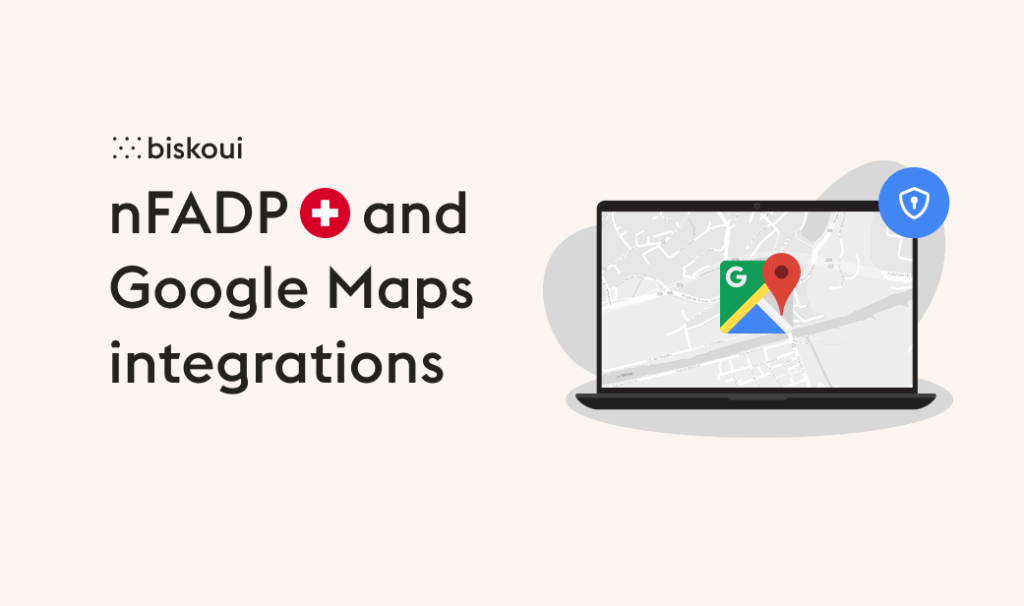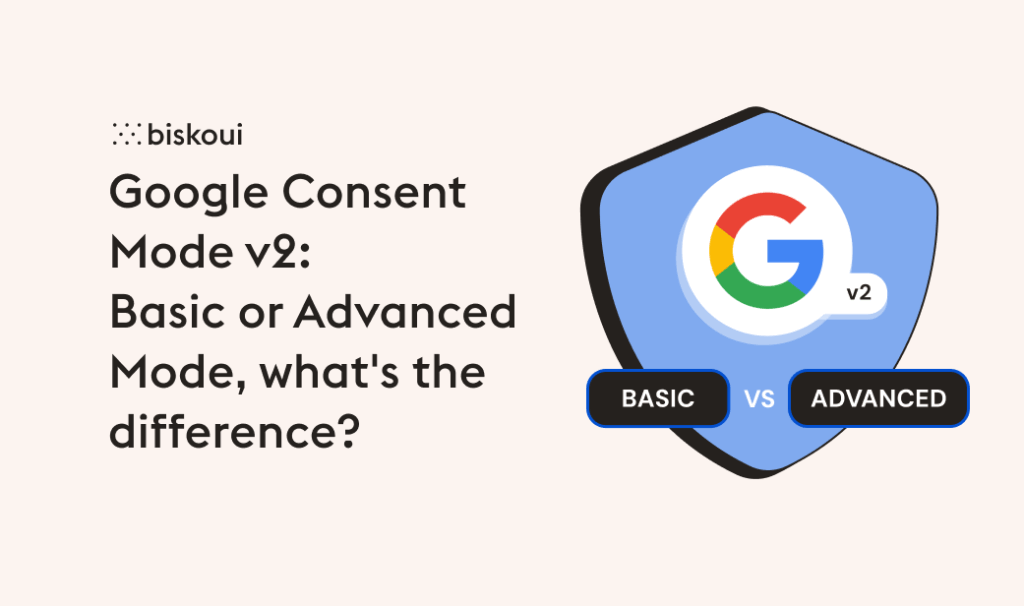The management of personal data on the web is an increasingly debated topic, especially with the evolution of laws such as nFADP (New Federal Act on Data Protection) in Switzerland. Among the tools often mentioned in these discussions are cookies and local storage. However, not all cookies are created equal, and it’s essential to understand the difference between 1st party cookies , 3rd party cookies and local storage, particularly with regard to their level of intrusiveness.
273,750 cookies per year
That’s the average number of cookies deposited each year on the browsers of a single person, whether on a computer or a smartphone.
1st Party Cookies : The Guardians of Your Web Experience
Definition: 1st party cookies are small files created by the website you visit directly. They enable the site to remember your preferences (such as your language or login details) and improve your experience.
Intrusiveness: Low to Moderate
These cookies are generally used for functional purposes and are less intrusive. Their purpose is to facilitate navigation and personalize the user experience. For example, they prevent you from having to re-enter your login details on each visit.
However, depending on their configuration, they may also collect data on your behavior to improve the site’s services. This may become intrusive if this data is used without your explicit consent.
3rd Party Cookies : Web spies
Definition: 3rd party cookies are created by third-party domains that are not directly associated with the site you are visiting. These cookies are often used by advertisers and ad networks to track your activities on different sites.
Intrusiveness: Very High
These cookies are at the heart of privacy concerns. Their main purpose is cross-site tracking, enabling companies to draw up a detailed profile of your interests and browsing habits. For example, after searching for a pair of shoes, you may notice advertisements for that product on completely different sites. This tracking capability can seem intrusive, as it is often carried out without users being fully aware of it.
What’s more, 3rd party cookies are the reason why many browsers, such as Safari and Firefox, have started blocking them by default.
Local Storage: A more discreet alternative
Definition: Local storage is a native browser feature that allows websites to store data locally on your device. Unlike cookies, data in local storage is not automatically sent to the server with each request.
Intrusiveness: Low to Moderate
Local storage is often considered less intrusive than cookies, as it does not enable direct cross-site tracking. Sites use it mainly to store information such as user preferences or temporary data required for web application operation.
However, intrusiveness depends on how it is used. If a site stores sensitive data without your consent, or uses it to bypass cookie blocking, this can raise ethical and legal issues.
Comparative Intrusiveness Levels
| Technology | Main application | Intrusiveness | Example of use |
|---|---|---|---|
| 1st Party Cookies | Functionality and personalization | Low to High | Language memory |
| 3rd Party Cookies | Advertising and cross-site tracking | Very High | Targeted advertising on multiple sites |
| Local Storage | Local data storage | Low to Moderate | Offline preference backup |
Ironically, our Biskoui CMP has to use trackers
Our biskoui Consent Management Platform (CMP) must remember your consents to third-party services and cookies in some way.
By default, we use local storage, which is the least intrusive solution for backing up your choices.
In more advanced configurations, mainly for the cross-subdomain function of our PROsubscription, we use 1st party cookies to remember your choices across the different sites you visit on the same domain.
Conclusion: The Responsibility of Swiss Companies in Tracker Management (Cookies and Loca Storage)
Swiss companies using third-party trackers, such as advertising or analytical cookies (Google Ads, Facebook Pixel), remain responsible for their compliance with the nFADP and the TCA. Cela inclut :
- Informing users: Clearly identifying the third-party trackers used and their purposes.
- Obtaining explicit consent: Third-party cookies always require prior acceptance by the user.
- Auditing third-party partners: Ensure that suppliers comply with Swiss law, particularly when transferring data abroad.
- Contractual signatures: Set up data processing agreements with third parties to share responsibilities.
Good Practices for Compliance
- Limit third-party tracers: use in-house or anonymized solutions.
- Use a consent management platform (CMP) like biskoui: Centralize user preferences to simplify their management.
- Train teams: Raise employee awareness of tracer issues and regulations.
- Active transparency: Provide clear information and allow users to easily modify or withdraw their consent.
Biskoui.ch: Swiss leader in CMP
Are you looking for a Swiss solution for managing your website’s consents?
Biskoui is the 100% Swiss consent platform that easily brings your website into compliance with nFADP while being 100% compatible with Google Consent Mode v2.
Create your account now and use our free, no-obligation version.
Our support team is available by e-mail at support@biskoui.ch


